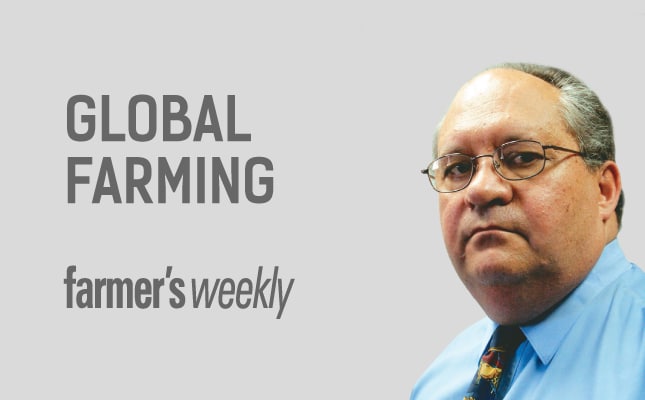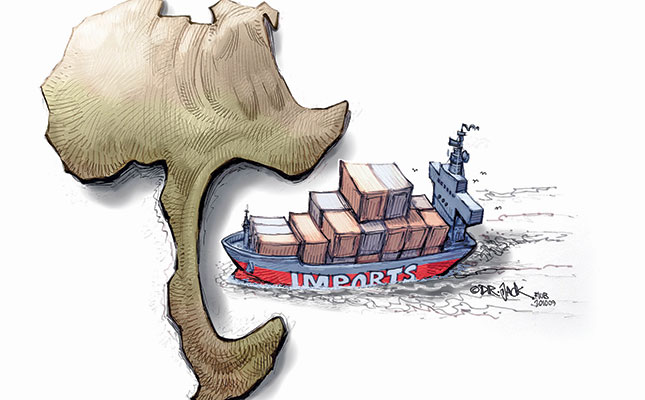
Two of the best-known plant-based imitation meat products available are the Beyond Burger and the Impossible Burger, manufactured in the US. The ingredients make for interesting reading.
The Impossible Burger contains water, soya protein concentrate, coconut oil, sunflower oil, natural flavours, potato protein, methylcellulose, cultured dextrose, food starch, soya leghaemoglobin, salt, soya protein isolate, zinc glutamate, thiamine hydrochloride, niacin, pyridoxine, and Vitamin B12, amongst others.
The aptly named Beyond Burger contains pea protein isolate, expeller-pressed canola oil, refined coconut oil, cellulose from bamboo, methylcellulose, potato starch, maltodextrin, yeast extract, salt, sunflower oil, and vegetable glycerine, amongst others.
These are industrial products manufactured in high-tech factories. Soya beans are a healthy product containing valuable vitamins. However, the process of extracting protein concentrate from soya beans effectively kills the vitamins, which is why all manufactures add vitamins to the final products.
Plant-based diets
Recently, a Swedish think tank, the EAT organisation, released a report on global diet patterns. It promoted a largely plant-based diet as a way of ‘saving the environment’.
Instead of the wide acclaim the authors expected when they timed the report’s release to coincide with the World Economic Forum meeting in Davos, it faced vigorous opposition.
The World Health Organization stopped the release of the report when the Italian delegation protested a ‘global diet’ that did not consider cultural differences.
In addition, many eminent scientists have since explained why such a largely plant-based diet would not be sustainable in most of the world. A recent study calculated that more than 1,5 billion people globally would not be able to afford such a diet.
The move towards a plant-based diet is only evident in rich countries. In sub-Saharan Africa, people are battling to get enough food. As income levels increase, they move from starch- to protein-based diets and actually consume fewer vegetables.
Plant-based diets will not save the world. While ruminants produce methane gas, a greenhouse gas with a much higher global warming potential than carbon dioxide, methane breaks down in the atmosphere within 10 years, compared to the 100 years and more for carbon dioxide.
Livestock use grass and other products that humans are unable to digest to produce highly nutritious food. The livestock industry is a large user of the by-products from the wet and dry grain milling and oil extraction processes. If people stopped eating animal products, the bran and oilcake would end up in landfills.
The industrial processes used to manufacture ersatz animal products, such as the burger patties mentioned, are as unfriendly to the environment as the process of producing animal products.
Fight back
Food processors are happy to support the move towards veganism as it creates a market for their high-priced, highly processed ‘health foods’.
The trend towards vegetarian and vegan diets will not benefit the fresh produce industry. Ask any consumer where to find the ‘health foods’ in a supermarket and chances are they will not direct you to the fresh fruit and vegetable aisle.
Rather than praising the move towards vegetarian and vegan diets in rich countries, the fresh produce industry will work with the livestock industries to promote healthy diets that include meat, dairy products, vegetables and fruit.
Dr Koos Coetzee is an independent agricultural economist.











